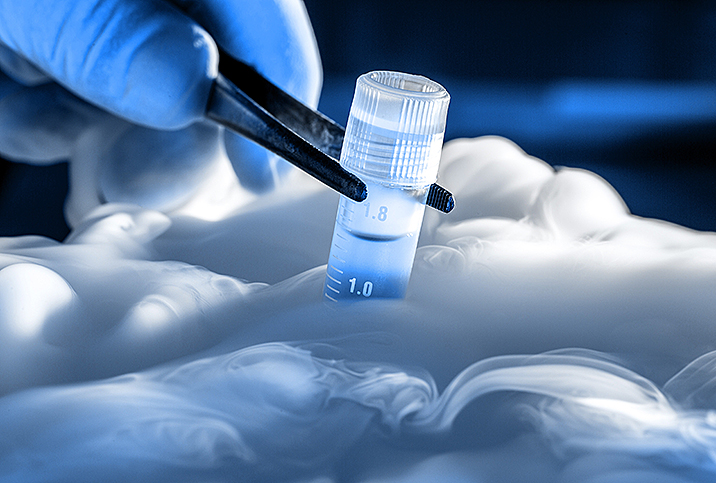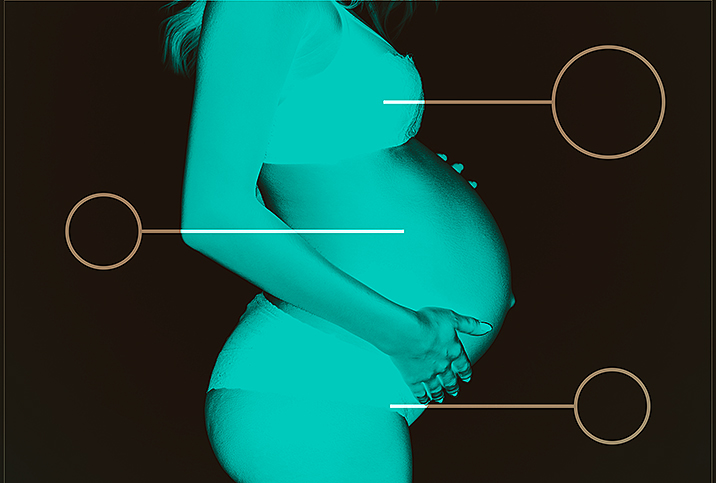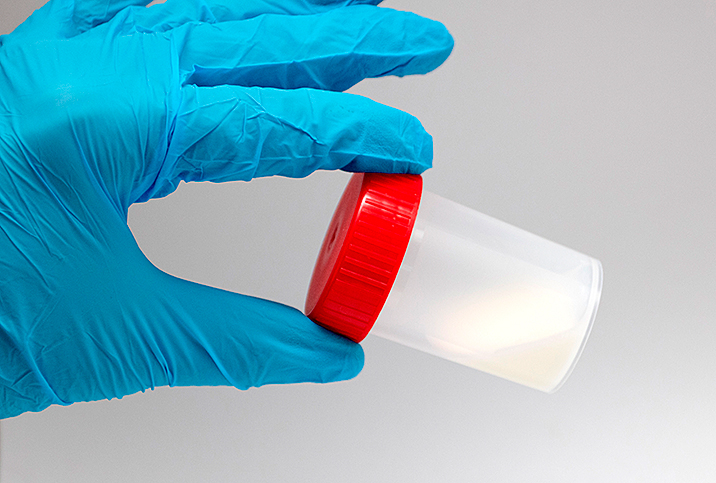Selecting a Sperm Donor: When to Judge a Book by Its Cover

When it comes to selecting a sperm donor, the adage "don't judge a book by its cover" just won't do. Picking out a donor should include judging what they bring to the table. There are many factors to consider when selecting a donor. The most important are outlined below.
Choosing a sperm bank
The first step in choosing a donor is deciding how you will source a sperm donation. The most common way sperm donations are accessed is via a sperm donation clinic, or sperm bank. Sperm banks specialize in procuring sperm donors through an extensive screening process. After a prospective sperm donor has been screened and approved, the clinic will collect the donor's sample and upload their profile to a donor match tool.
However, the hands-off nature of the procurement process for sperm banks means you need to do your due diligence to ensure the clinic is credible. A good clinic will make sure sperm donors are thoroughly researched before being placed in a donor database. Some clinics take shortcuts and are too lenient in their donation standards. To avoid this, speak to former clinic clients and research the clinic in national databases such as the American Association of Tissue Banks (AATB).
Consider physical preferences
Once you have decided on a clinic, the next step is to consider your personal preferences for a donor. If you want your child to have similar physical attributes to you or a partner, you may need to share this preference with your chosen clinic. Keep in mind, a donor's phenotype is not a guarantee your child will have those same physical characteristics.
Consider donor personality and psychological traits
Genetics play a part in shaping the personality and psychological traits of a child. Therefore, they are important factors to consider when selecting a sperm donor. Again, personal preferences come into play here. Think about the personality characteristics you would like your child to have. Is your ideal child more introverted or outgoing? Do they have high emotional intelligence or a good sense of humor? Are they creative, artistic, athletic or resilient? Are they a child prodigy? As an example, if you come across the donor profile of an individual who is well-read and likes frequent solo time, this may match your preference for a child who is self-assured and curious. Knowing your personality and psychological preferences will help curate your donor profile list.
With that said, be sure to stay grounded in expectations. Like individual physical characteristics, a donor's personality profile is not a guarantee your child will display a similar temperament.
Get a genetic profile
After you have narrowed your donor options, genetic profiling can be used to finalize your decision. A donor's genetic profile allows you to predetermine genetic conditions that may occur after utilizing their sperm. For instance, if a donor carries an allele for sickle cell anemia and you also carry the allele, it may be best to avoid that donor's sample. The good news is many sperm clinics offer genetic profiles as a service.
Choosing a sperm donor does not have to be an overwhelming process. By sticking to your personal preferences and desired conception outcomes, narrowing down prospective donors becomes easier. Remember, though, genetics are unpredictable, and a thorough vetting of a desired donor is not a guarantee you will achieve your target outcomes for a child.


















